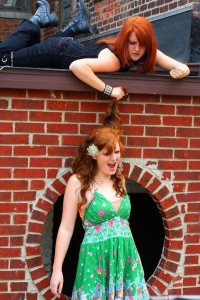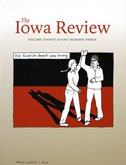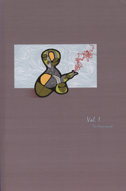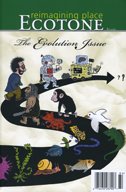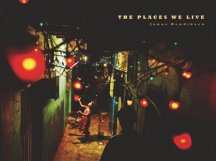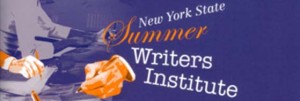 New York State Summer Writers Institute
New York State Summer Writers Institute
2-wk or 4-wk sessions
June-July 2009
The New York State Writers Institute, established in 1984 by award-winning novelist William Kennedy at the University at Albany, SUNY, announces its 21st annual summer program. Under the joint auspices of Skidmore College and the New York State Writers Institute at the University at Albany, the summer program is held on the campus of Skidmore College and will feature creative writing workshops in fiction, non-fiction and poetry. Students may enroll for two weeks or for the entire four-week session. The Institute offers courses for undergraduate and graduate credit and may be taken on a non-credit basis as well. A Senior Fiction Fellow reads entire student novels or extensive works in progress and meets with students on a tutorial basis.


